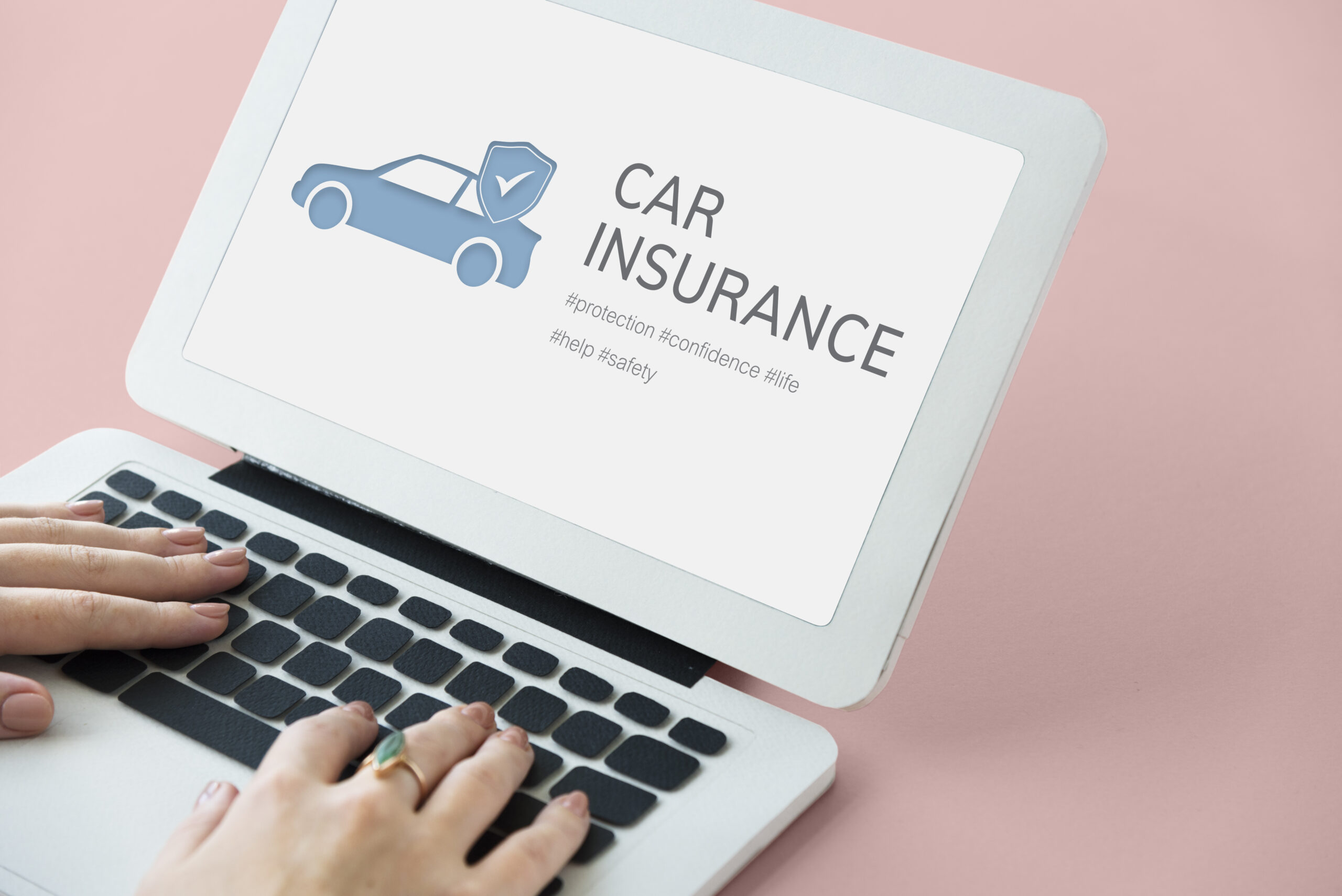If you have bad credit, you’re probably aware it can affect more than just loan approvals or credit card offers — it can also make car insurance more expensive. Many insurers use credit-based insurance scores as a factor in determining premiums, and a poor credit history can lead to higher rates.
But the good news is, low cost car insurance for bad credit is still within reach. With the right strategies, shopping tips, and understanding of how credit impacts insurance, you can find affordable coverage that protects you and your wallet.
In this article, we’ll explore why credit matters for car insurance, how to find low cost options, and practical ways to improve your rates.
💡 Why Does Credit Affect Car Insurance Rates?
Insurance companies want to assess the risk of insuring you. Studies have shown that people with poor credit tend to file more claims, so insurers use credit-based insurance scores as part of their risk calculation.
Here’s what that means for you:
- Lower credit scores = higher premiums: Insurers see bad credit as a sign of higher risk.
- Some states regulate this practice: In certain states like California, Massachusetts, and Hawaii, insurers cannot use credit scores to set rates.
- Not all insurers weigh credit equally: Different companies use credit in varying degrees or not at all.
Understanding this helps you focus on insurers that are more forgiving or offer discounts despite bad credit.
🔍 How to Find Low Cost Car Insurance with Bad Credit
1. Shop Around and Compare Quotes
Rates can vary widely between insurers for drivers with bad credit. Use online comparison tools to get quotes from multiple companies.
2. Look for Insurers That Don’t Use Credit Scores Heavily
Some insurers place less emphasis on credit or don’t use it at all, which can lead to better rates:
- USAA (for military families) is known for low rates regardless of credit.
- State Farm may consider credit but often offers discounts to offset it.
- Geico sometimes offers competitive pricing for bad credit.
- Smaller regional insurers might also be more flexible.
3. Improve Other Factors
Insurers consider many factors beyond credit:
- Clean driving record
- Vehicle type
- Location
- Coverage levels
Improving these can help offset the impact of bad credit.
4. Opt for Basic Coverage or Higher Deductibles
Choosing minimum required coverage or increasing your deductible can lower premiums, making insurance more affordable.
5. Ask About Discounts
Many companies offer discounts for:
- Good students
- Defensive driving courses
- Bundling multiple policies
- Paying premiums upfront
Even with bad credit, these can help reduce your costs.
🏢 Insurers Known for Affordable Coverage for Bad Credit Drivers
- The General: Specializes in high risk and bad credit drivers.
- Progressive: Uses Snapshot to reward safe driving which can help reduce rates.
- SafeAuto: Offers basic coverage options for drivers with poor credit.
- Dairyland: Focuses on high risk drivers and flexible payment plans.
- GEICO: Competitive quotes and good discounts.
💳 Tips to Improve Your Credit and Lower Insurance Costs
While you shop for low cost car insurance, it’s smart to work on improving your credit over time:
- Pay bills on time
- Reduce debt balances
- Avoid opening multiple new credit accounts quickly
- Check your credit report for errors and dispute inaccuracies
- Build positive credit history with secured credit cards or small loans
Better credit in the future can significantly lower your insurance premiums.
⚠️ Be Careful of Insurance Scams
Drivers with bad credit are sometimes targeted by fraudulent companies promising cheap insurance but providing poor coverage or no coverage at all. Always:
- Verify the insurer is licensed in your state
- Read reviews and check the Better Business Bureau
- Understand your policy’s terms before signing
📋 Final Thoughts
Bad credit doesn’t have to mean unaffordable car insurance. By knowing where to look, comparing rates, leveraging discounts, and improving your credit over time, you can secure low cost car insurance that fits your budget.



